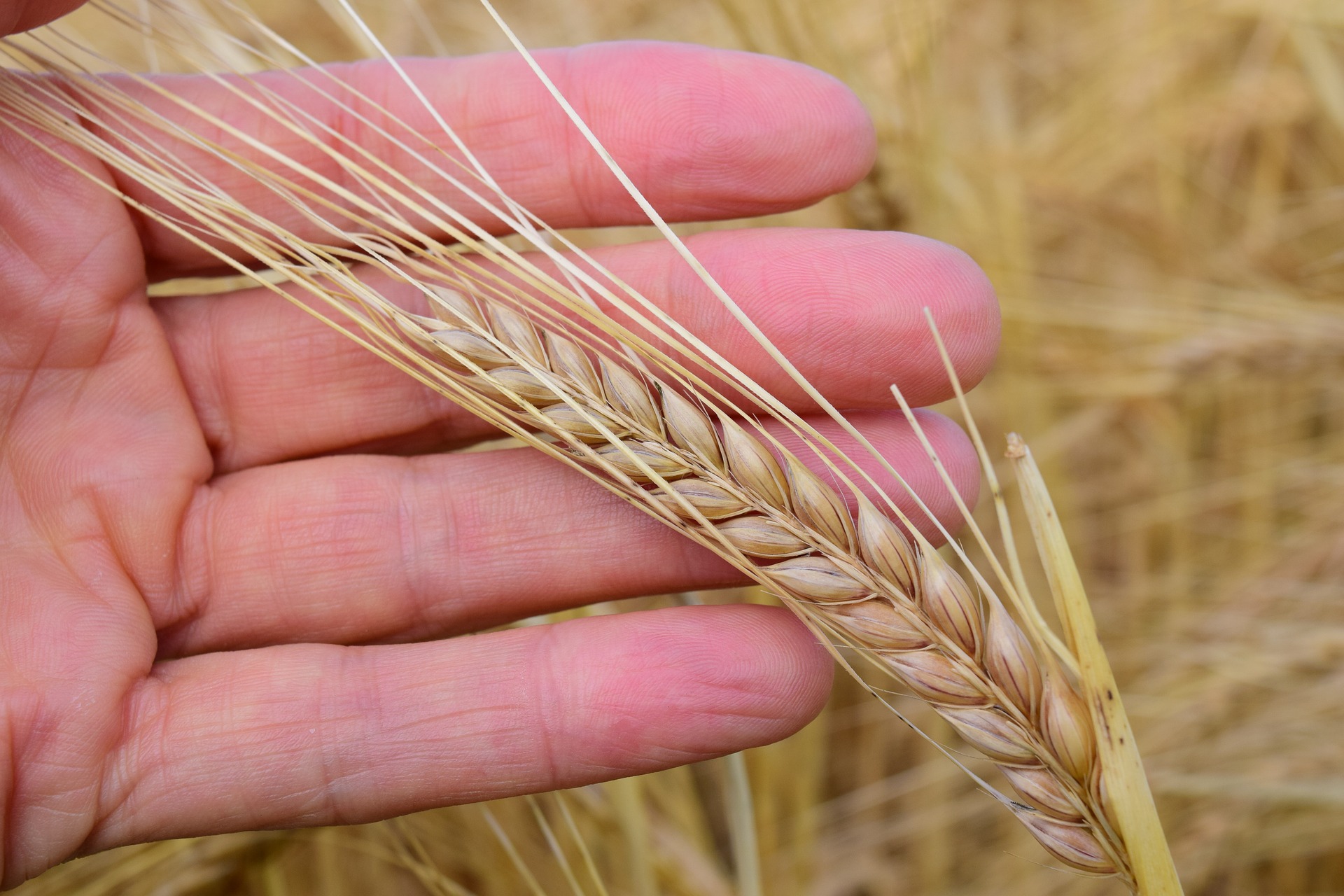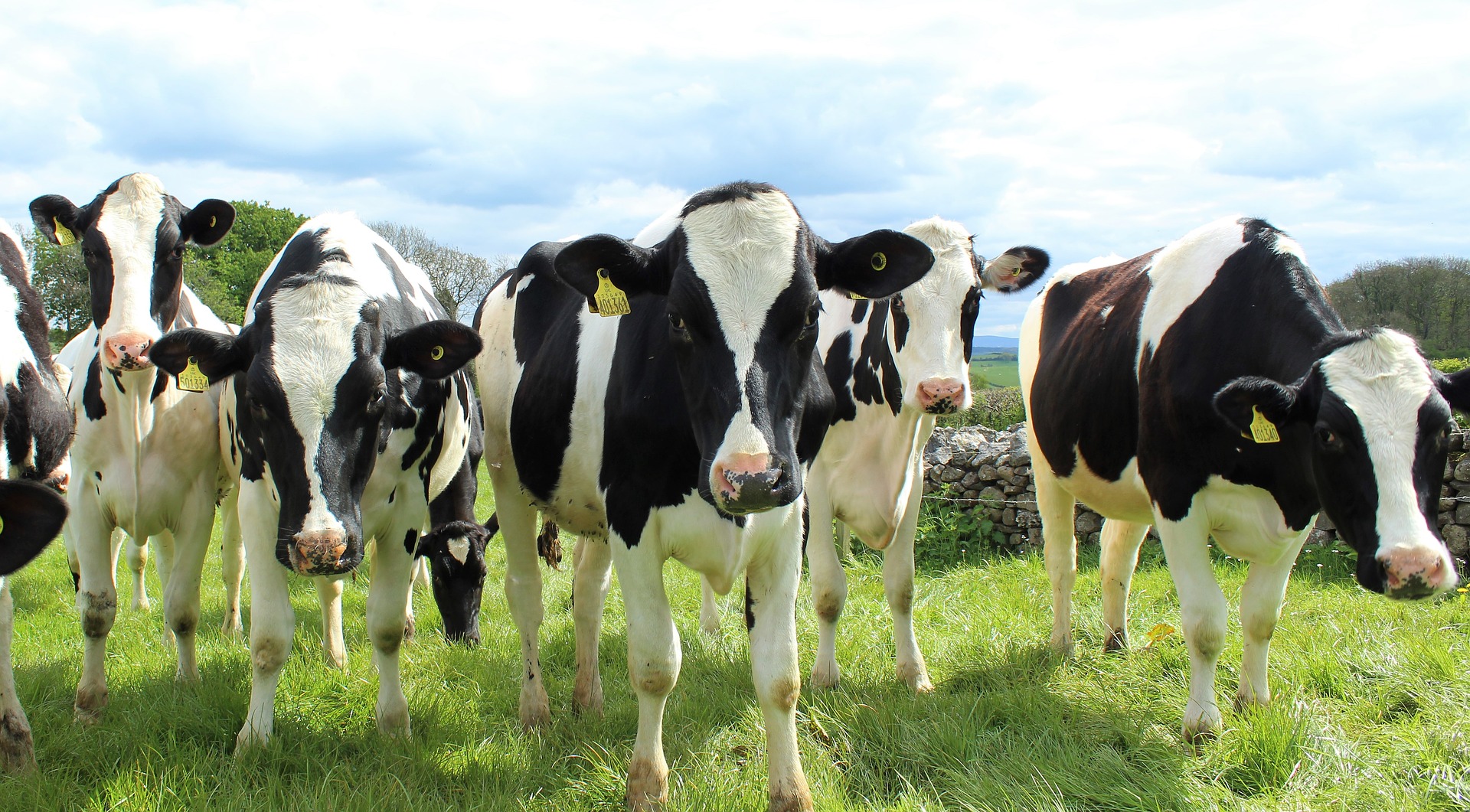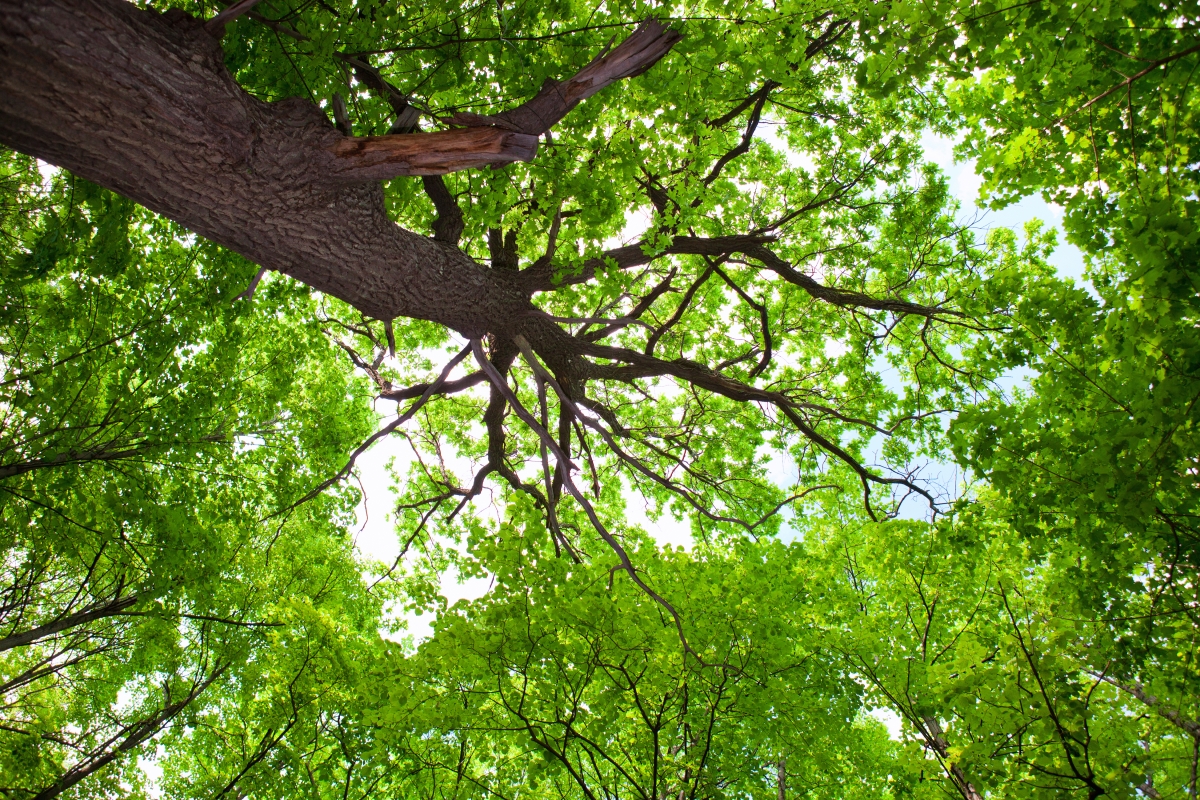Seedsavers aim to bring diversity back to our soil

March 14th, 2019
All next week small-scale seed producers across Ireland and the UK will be celebrating Seed Week to raise awareness of the benefits of buying locally grown organic seed.
The coordinator of the week, the Gaia Foundation, is also championing its Seed Sovereignty programme in Ireland that will be led by Irish Seed Savers Association (ISSA).
The programme aims to increase the diversity of seed grown on home soil by supporting budding and existing small-scale food growers to also become seed producers.
The conservation NGO grows, preserves, propagates and shares rare varieties of vegetables, grains, potatoes as well as heritage fruit trees suitable for the Irish climate and soil.
The ISSA has a 20 acres farm in Scariff, Co Clare of organic seed gardens, heritage orchard trails and woodlands that are open to the public.
Despite possessing “some of the richest agricultural fertile soil in Europe”, the ISSA’s general manager Jennifer McConnell, said that the “majority of seed [in Ireland] is imported” leaving us vulnerable to problems on the international market.
“Ireland’s history of famine and food poverty should encourage us all to do what they can to protect our ability to feed ourselves,” she said.
“We ask everyone to not only buy from local farmers and market gardeners, but to also be mindful from where they source their seed when they grow their own food.
“It is up to us all to build greater sustainability in our food cycle, protect our food accessibility and implement food security for now and future generations.”
Seed Week will also raise awareness of the consolidation of the global seed industry and the grave risk that this poses to global food security, according to Wayne Frankham, the programme’s Regional Coordinator for Ireland.
“Just four seed companies now control 60 per cent of the global seed market. They have a monopoly and set the agenda for seed – the very heart of all life,” he warned.
He added: “It is critical that to counter this risk, small-scale producers are supported as they are the bastions of diversity. It is this diversity which will be critical in the future as the impacts of climate change are widely felt and crops suffer in unexpected ways. We must take a stand to buffer diversity in the UK and Ireland, and that’s what this work is all about.”
Rowan Phillimore, Deputy Director of the Gaia Foundation added: “It surprises most people to know that the majority of the food labelled organic on our supermarket shelves is unlikely to be grown originally from organic seed.
“There is a huge opportunity here to close this gap, creating a truly ecologically sound food system from seed to plate. What’s more, this is an extremely viable market. There is great potential for committed organic seed producers and we’re trying to support them.”
[x_author title=”About the Author”]







